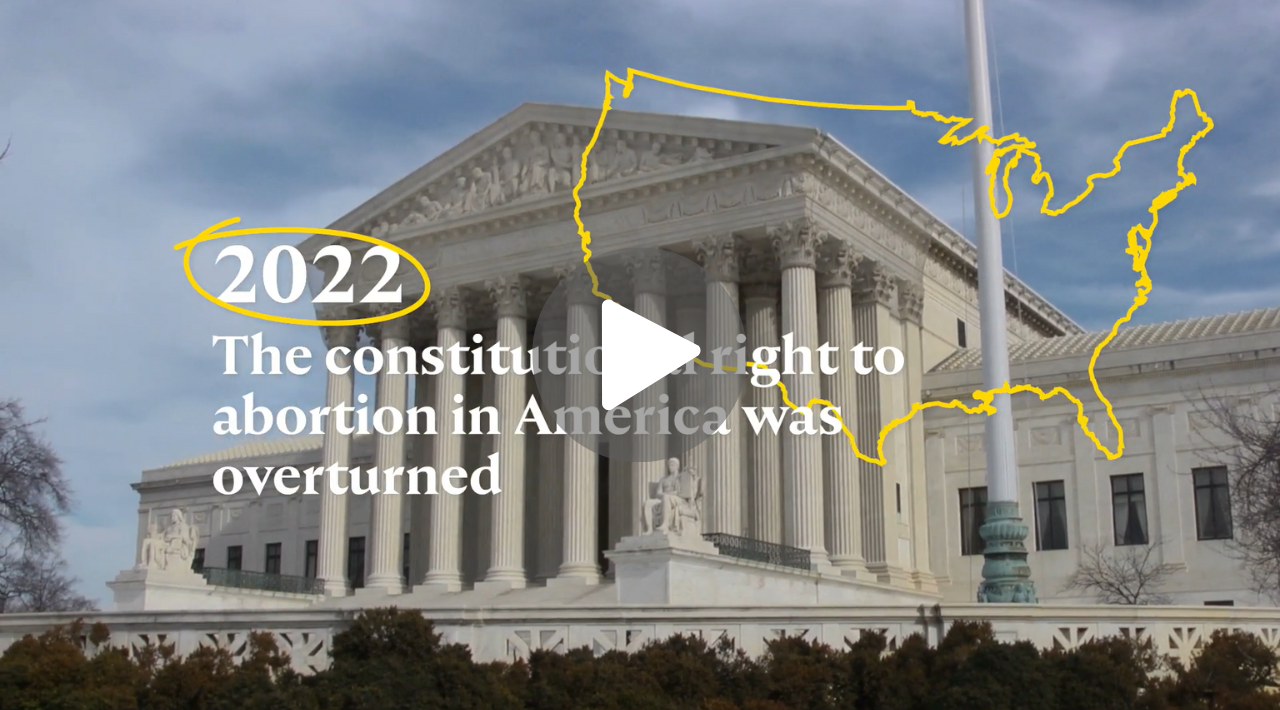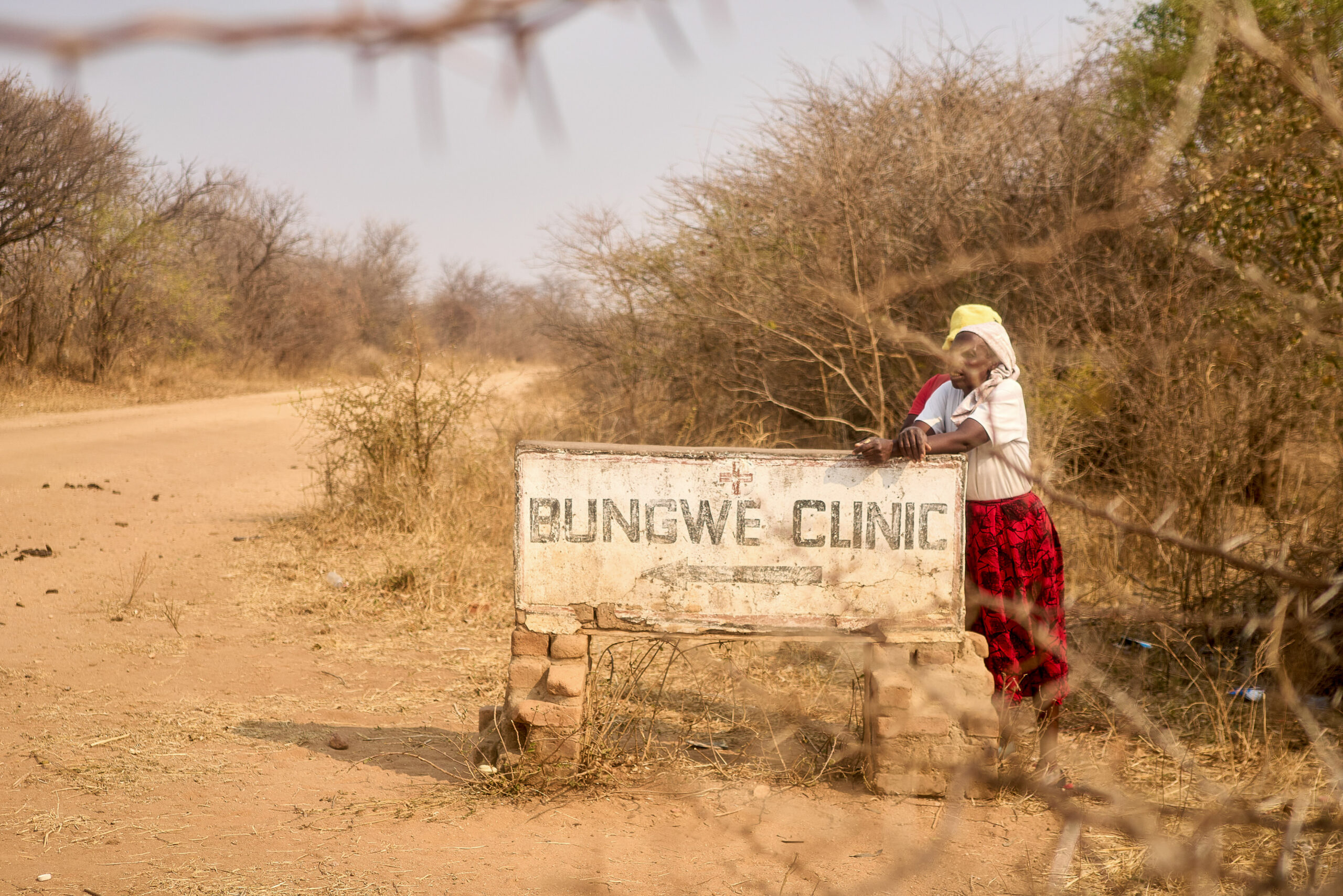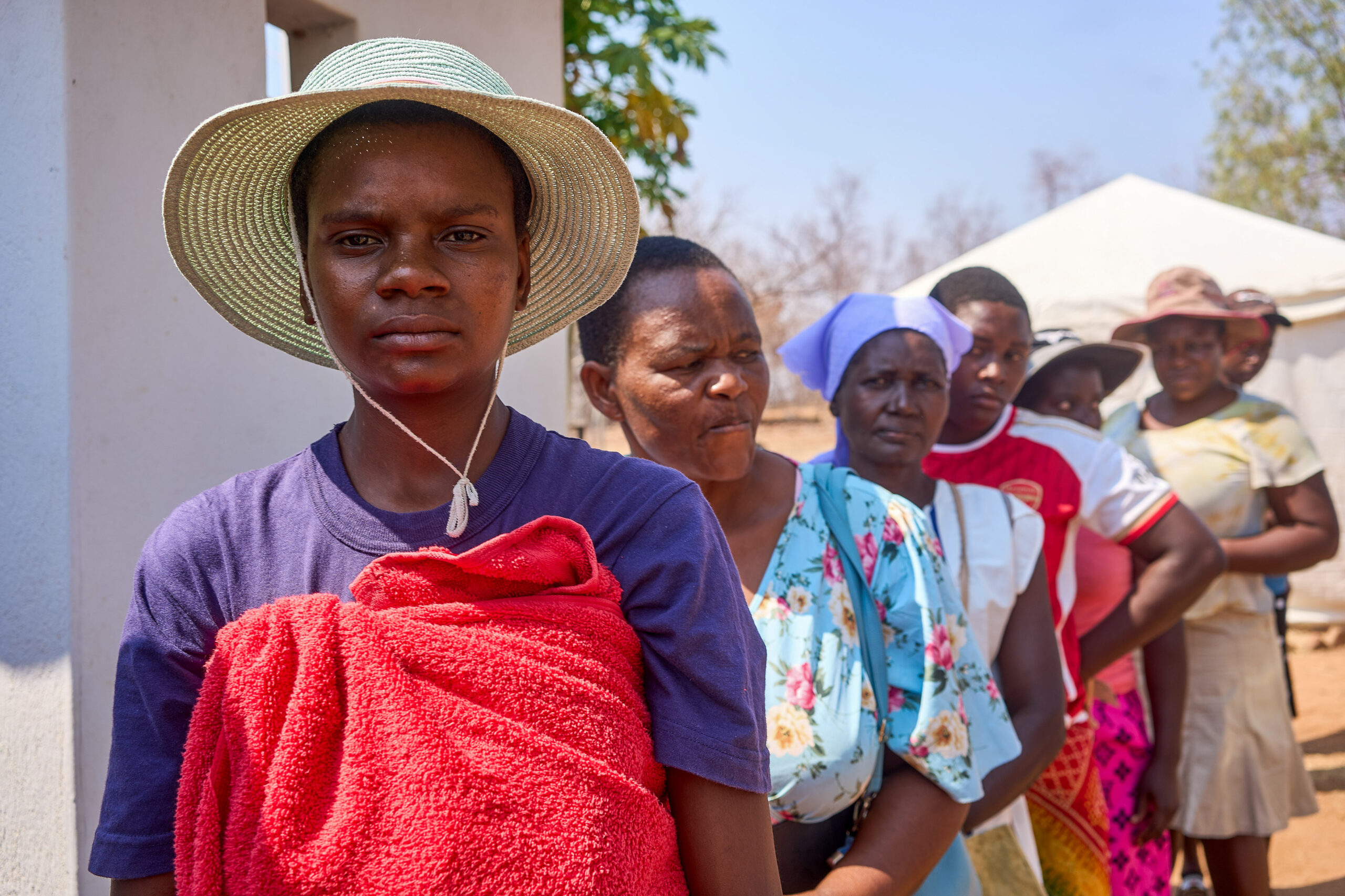We know that access to safe abortion can support women and pregnant people to pursue their education, careers and futures. When women are unable to access abortion, it can have serious consequences.
Recently, the Turnaway Study researched the impact of laws around gestational limits — the legal time period that women can access abortion — on women’s finances in the United States. It found that women denied an abortion due to gestational limits were 81% more likely to face bankruptcy or eviction than those who were able to get an abortion. Women denied an abortion were also 76% more likely to be in debt. Although this study was conducted in the United States, we’ve seen similar stories on how abortion access can affect a woman’s finances, globally.
At MSI Reproductive Choices, we’ve heard from many of our clients about how abortion access has allowed them to take control of their futures and reduce their financial risk.
One client in Mexico shared:
“My mother said once my teachers have approved it means it is good. It has been tried by others abroad, we can also try it here. It is good that we won’t have to buy pads.”
Equally, not all clients feel in the financial position to continue their pregnancy. One of our clients in Nepal made the decision to have an abortion following a previous expensive and complicated birth.
“I already had a son…We had to keep him in the intensive care unit. I had to invest a lot of money, so I do not want to give birth again.” – Katrina, 20, Nepal
As shared in the Turnaway Study, the time sensitive nature of abortion care can complicate things further. With restrictive policies on gestational limits, and without safe abortion included in universal health coverage, many women simply don’t have the time or resources to access an abortion. In 2019, we spoke to 1,900 women across Africa, Asia and Latin America about their experience of using our safe abortion services, and they echoed this message.
Just under one third (31.3%) of women found it difficult to gather funds to have an abortion, which was twice the number of women who found it difficult to raise funds for contraception (14.2%). The time-sensitive nature of abortion can make it harder for women to pay for an abortion, particularly if they feel they should keep their abortion secret and can’t ask for financial support — restrictive laws only add to that pressure.
Distance can also increase the cost of abortion, especially for women in rural communities. When services are concentrated in cities, rural women face lengthy and expensive travel times. One of our clients in Mexico City, where abortion is relatively unrestricted, remarked on the difference between her access to safe abortion and the experience of a woman living in a rural part of the country, where abortion is still heavily restricted.
“.. [my experience] made me think a lot about other women who are in different parts of our country who don’t have access to something like that and force them to have children or die trying… abortion [should] be legal for everyone and not just in certain areas of the country.” – Student, 25, Mexico
At MSI we are committed to making sure that every woman who needs an abortion can access one. That’s why we provide waivers to clients who cannot afford care, to help address some of the financial barriers to safe abortion. However, a shift in government policy is also needed. Governments across the world should offer a full range of sexual and reproductive health services, including safe abortion, as a part of universal healthcare coverage.
By taking down barriers to abortion, we believe we can make it easier for a woman to make her own decision about what’s best for her future.








